The body is a machine, composed of several parts, each with its own lifespan. Organs are no exception; they also have an expiration date.
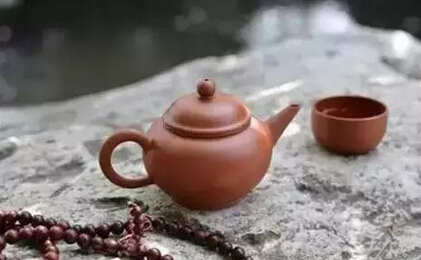
1. Brain
Expiration: 20 years
As we age, the number of nerve cells in the brain gradually decreases. At birth, we have about 100 billion nerve cells, but this number starts to decline from the age of 20. By 40, the brain loses about 10,000 cells per day, affecting memory, coordination, and overall brain function.
How to protect: Free radicals are the brain's enemy. Antioxidants can neutralize free radicals, preventing their continuous attack on cells and protecting nerve cell function. Tea contains a surprising amount of antioxidants. Drinking more tea bathes the brain in antioxidants, effectively slowing brain degeneration.
2. Skin
Expiration: 25 years
As collagen production slows, the skin begins to age naturally around the age of 25. With age and the decline of the skin's barrier function, issues like dryness, allergies, eczema, dermatitis, aging, and pigmentation may arise.
How to protect: The best way to keep skin healthy and youthful is to maintain its barrier function. Applying barrier-repairing lotions can effectively boost the skin's immunity and resilience. The antioxidant properties of tea can also help prevent skin aging.
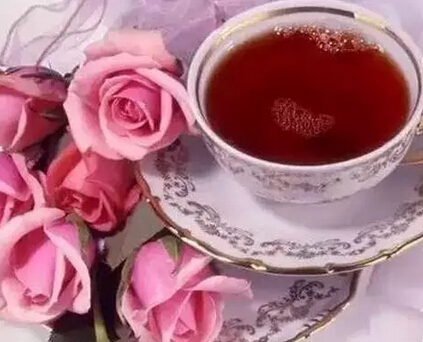
3. Fertility
Expiration: 35 years
As the quantity and quality of eggs in the ovaries decline, female fertility begins to decrease after 35. The endometrium may thin, making it harder for fertilized eggs to implant. Male fertility also starts to decline at this age. Men over 40 may have partners with a higher risk of miscarriage due to declining sperm quality.
How to protect: Supplementing with nitric oxide can help women maintain fertility. Nitric oxide can extend the fertility window for older women and improve the success rate of in vitro fertilization, preventing common pregnancy issues like recurrent miscarriage.
Tea contains many trace elements that can boost immunity and protect fertility. Some teas are rich in zinc and selenium. Zinc, known as the "flower of life," can prevent diseases and extend lifespan. Selenium, called the "flower of happiness," protects the kidneys and nurtures fertility in both men and women.
4. Taste and Smell
Expiration: 60 years
We start life with about 10,000 taste buds on the tongue, but this number may halve in old age. After 60, our sense of taste and smell gradually decline, partly due to normal aging but also accelerated by issues like nasal polyps, poor diet, or years of smoking.
How to protect: To appreciate food fully, protect your sense of taste and smell from damage. Eating heavily flavored foods for long periods can dull the taste buds and lead to a preference for stronger flavors. Advocate for lighter flavors and choose zinc-rich foods, as zinc enhances taste sensitivity.
To deepen your understanding of tea, maintain a keen sense of taste and smell to fully experience its flavors and aromas. Regular exercise can also help preserve and enhance these senses. Tea itself contains zinc, which can improve taste sensitivity.
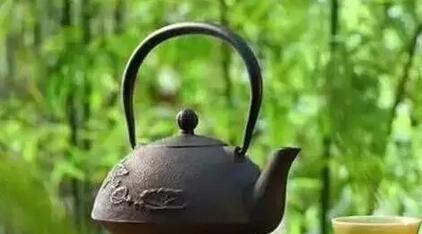
5. Intestines
Expiration: 55 years
A healthy gut maintains a balance between harmful and beneficial bacteria. After 55, the number of friendly bacteria in the gut drops significantly, leading to poorer digestion and higher risks of intestinal diseases. With age, the flow of digestive juices in the small intestine decreases, increasing the likelihood of constipation.
How to protect: To keep the intestines young, maintain a balanced diet and engage in regular exercise. Exercises like push-ups and abdominal massages can strengthen the abdominal muscles, promote intestinal motility, and speed up waste elimination, keeping gut bacteria balanced and preventing premature aging. Drinking tea regularly aids digestion, quickly removes harmful bacteria from the intestines, and helps detoxify the body.
6. Lungs
Expiration: 20 years
Lung capacity starts to decline slowly from the age of 20. By 40, some people may experience shortness of breath. At 30, the average man inhales about 946 ml of air per breath, but by 70, this drops to about 473 ml.
How to protect: A French study suggests that "white foods" like silver fungus, white radish, lily, snow pear, and lotus root are particularly beneficial for the lungs. These foods can slow lung function decline and keep the lungs youthful. Inhaling the aroma of tea can also increase lung capacity. Deep breaths of tea fragrance allow the exchange of natural, elegant air with the body's internal energy, cleansing the lungs and delaying aging.
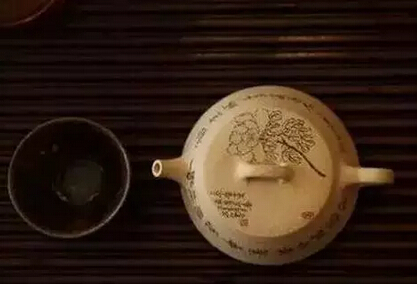
7. Heart
Expiration: 40 years
As the body ages, the heart's efficiency in pumping blood declines. Blood vessels lose elasticity, arteries may harden or clog, and less blood reaches the heart, causing angina. The risk of heart attack is higher for men over 45 and women over 55.
How to protect: To maintain heart health, it's crucial to know what to do and what to avoid. Smoking, poor diet, and lack of exercise are more harmful than genetic factors. Daily changes, such as improving diet, exercising, and managing social and environmental stress, can keep the heart strong and young.
Relaxing with a cup of tea can slow the heart rate. When you enjoy tea leisurely, your heart relaxes, which naturally protects it. Tea also helps lower blood pressure and improve circulation.
8. Liver
Expiration: 70 years
The liver seems to be the only organ that can defy aging, as liver cells have remarkable regenerative abilities. After surgical removal of a portion, the liver can regenerate fully within three months. If the donor doesn’t drink, use drugs, or have infections, a 70-year-old's liver can be transplanted into a 20-year-old.
How to protect: The two keys to liver protection are "watch your mouth and move your legs." Avoid high-calorie foods and follow a diet high in vitamins and protein but low in fat and sugar. Moderate exercise, such as jogging, brisk walking, cycling, badminton, or swimming, benefits the liver. Alcohol is the liver's nemesis.
Tea's main functions are detoxification and reducing internal heat, making it the liver's best companion. It effectively reduces liver heat and aids detoxification.

9. Kidneys
Expiration: 50 years
Kidney filtration starts to decline at 50. The kidneys filter waste from the blood, and reduced filtration means losing the ability to hold urine at night, leading to frequent bathroom trips. A 75-year-old's kidneys filter half the blood volume of a 30-year-old.
How to protect: To protect the kidneys, get plenty of rest, drink filtered water, and occasionally fast for a day, consuming only fruit or water to give the kidneys a break. In winter, keep the waist warm and massage the feet and lower back. Drink 1500–2000 ml of water daily and avoid holding urine.
Drinking tea is essential for kidney health, especially hot tea. Tea contains selenium, a key protective element for the kidneys.
10. Teeth
Expiration: 40 years
As we age, saliva production decreases. Saliva washes away bacteria, so less saliva means teeth and gums are more prone to decay. After 40, gum tissue loss leads to receding gums.
How to protect: To keep teeth healthy, get professional cleanings twice a year to remove tartar and bacteria, keeping gums strong and resilient. Use the right toothbrush and floss to remove plaque. Brushing side-to-side instead of in circles can cause premature gum recession.
Regular tea drinkers produce more saliva, which protects the gums and teeth. Tea's antibacterial properties keep the mouth free of harmful bacteria, and its fluoride content strengthens teeth.
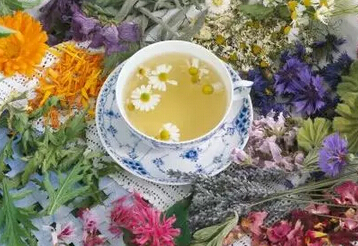
11. Eyes
Expiration: 40 years
As vision declines, glasses become a common accessory for those over 40. Presbyopia affects the ability to see nearby objects clearly. With age, eye muscles weaken, and focusing ability diminishes.
How to protect: Chrysanthemum and green tea are excellent for relieving eye fatigue and blurry vision. Besides applying them to reduce puffiness, drinking chrysanthemum tea or green tea can alleviate eye strain. Eye protection is crucial; drinking three to four cups of tea daily is recommended.